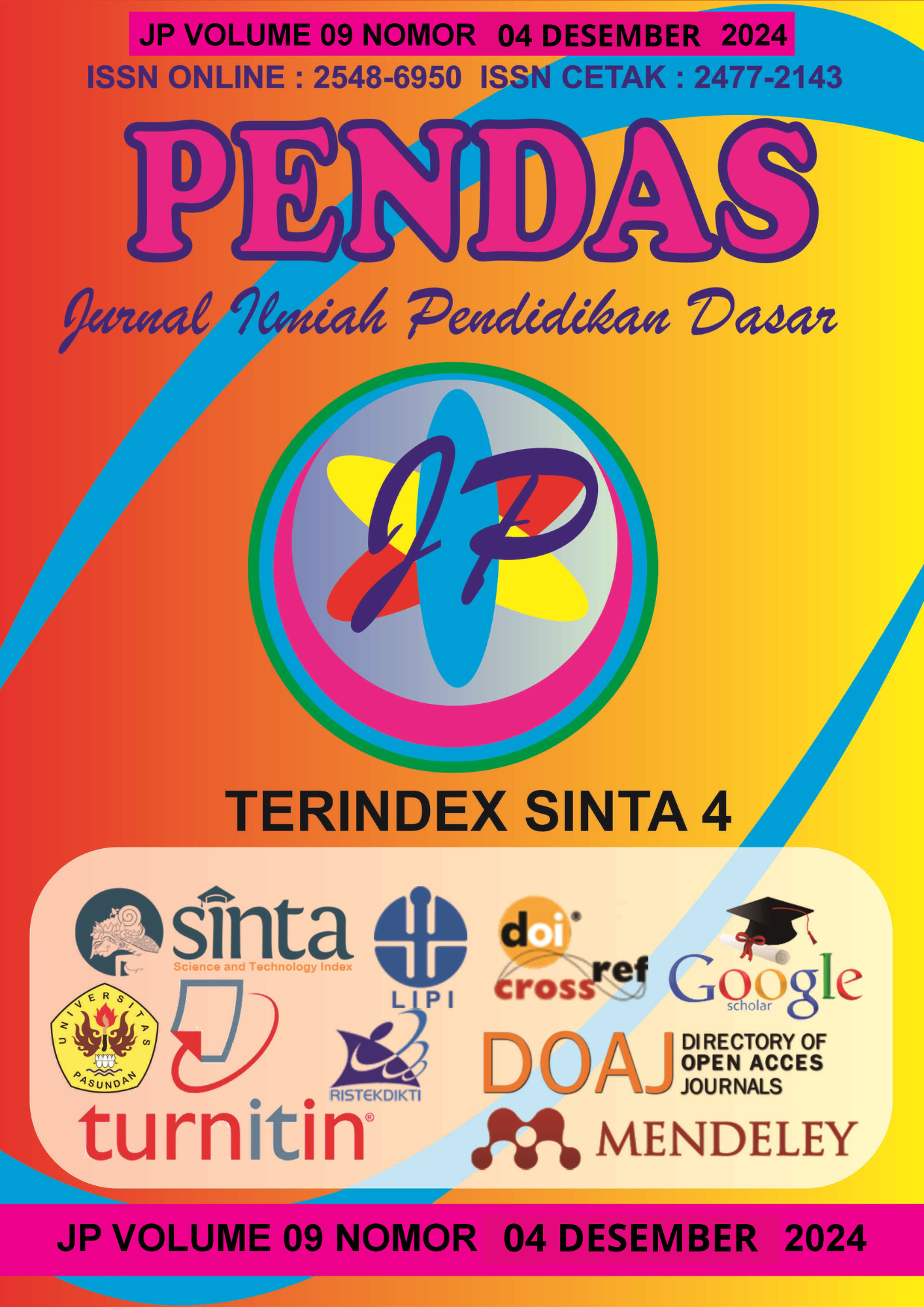EVALUASI PROGRAM KOTA LAYAK ANAK DALAM UPAYA PEMENUHAN HAK ANAK DALAM KLASTER PENDIDIKAN, PEMANFAATAN WAKTU LUANG, DAN KEGIATAN BUDAYA DI KOTA SERANG
DOI:
https://doi.org/10.23969/jp.v9i04.19361Keywords:
Serang City, a Child Friendly CityAbstract
The city of Serang faces significant challenges in realizing a Child Friendly City, even though it involves various parties, problems such as violence against children, dropping out of school, and low access to education still hinder the optimal fulfillment of children's rights. This research uses descriptive qualitative methods to evaluate Serang City Regional Regulation Policy No. 06 of 2015 concerning Children-Friendly Cities, with a focus on describing phenomena related to the fulfillment and protection of children's rights in the city. Through systematic data analysis and source triangulation, this research aims to ensure the credibility and objectivity of the findings obtained. This research shows that the Child Friendly City (KLA) program in Serang City, especially in the Education, Utilization of Free Time and Cultural Activities clusters, still faces various challenges in fulfilling children's rights, with very low participation rates for children returning to school and a lack of facilities. as well as adequate socialization. Collaborative efforts between the government and the community are needed to increase program effectiveness and ensure children's rights are optimally fulfilled.
Downloads
References
Arikunto, S. (2019). Prosedur Penelitian. Rineka Cipta.
Elizabeth, A., & Hidayat, Z. (2016). Implementasi Program Kota Layak Anak dalam Upaya Pemenuhan Hak-Hak Anak di Kota Bekasi. Journal Of Public Policy And Management Review, 5(2), 1–15. https://doi.org/10.14710/jppmr.v5i2.10790
Erdianti, R. N., & M. Fatih, S. (2019). Mewujudkan Desa Layak Anak Sebagai Bentuk Perlindungan Hukum Terhadap Anak di Indonesia. JUSTITIA: Jurnal Hukum, 3(2), 305–318. https://doi.org/10.30651/justitia.v3i2.3648
Ilham, D. (2019). Menggagas Pendidikan Nilai dalam Sistem Pendidikan Nasional. Didaktika: Jurnal Kependidikan, 8(3), 109–122. https://doi.org/10.58230/27454312.73
Kalangi, R. J., Waha, C. J. J., & Gerungan, L. K. F. R. (2023). Perlindungan Hak-Hak Anak dalam Status Pengungsi Menurut Konvensi Hak-Hak Anak Tahun 1989 dan Implementasinya di Indonesia. Jurnal Fakultas Hukum Unsrat Lex Privatum, 12(4), 1–12.
Margono, S. (2019). Metodologi Penelitian Pendidikan. Rineka Cipta.
Moleong, L. J. (2007). Metode Penelitian Kualitatif. PT Remaja Rosdakarya.
Putri, R. W., Lituhayu, D., & Setianingsih, E. L. (2023). Evaluasi Program RW Ramah Anak Sebagai Upaya Mendukung Kota Layak Anak di Kota Depok (Studi Kasus di Kecamatan Sukmajaya). Journal Of Public Policy And Management Review, 13(1), 1–14. https://doi.org/10.14710/jppmr.v13i1.42285
Rukajat, A. (2018). Pendekatan Penelitian Kualitatif. CV Budi Utama.
Sukiyat. (2019). Pendidikan Kepramukaan Berbasis Pendidikan Karakter. CV. Jakad Media Publishing.
Downloads
Published
Issue
Section
License
Copyright (c) 2024 Pendas : Jurnal Ilmiah Pendidikan Dasar

This work is licensed under a Creative Commons Attribution 4.0 International License.














































